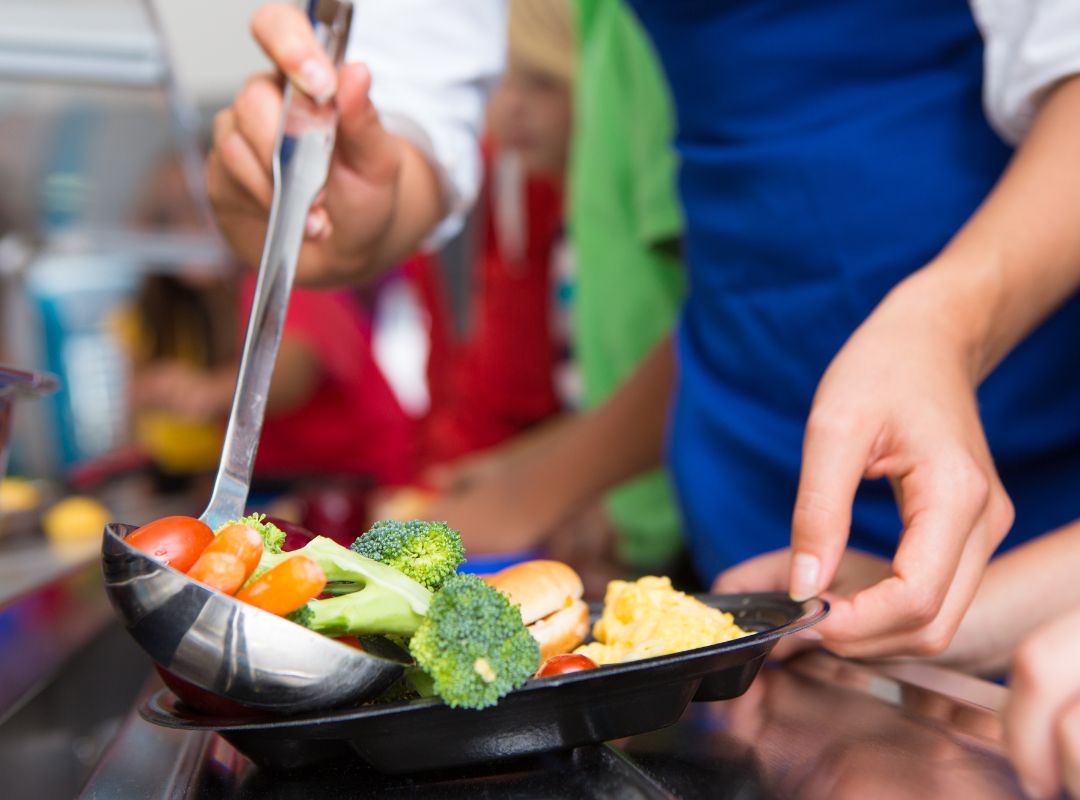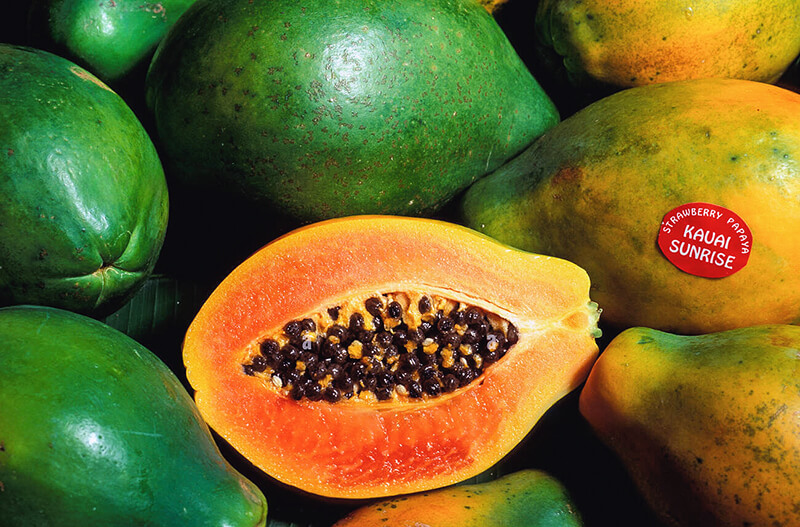Energy and the Commodity Trace-back
In this lesson students will describe the domestic food supply chain and identify the use and types of energy involved in the growth, harvest, processing, transportation, and marketing of an agricultural commodity.

